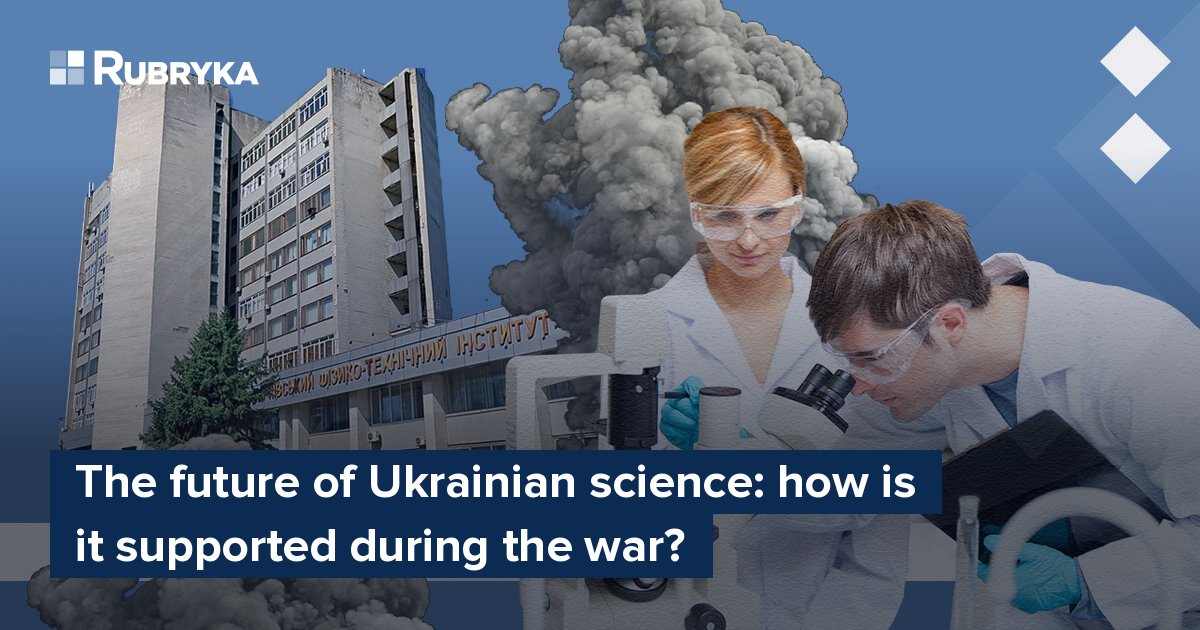
What is the problem?
The full-scale war turned out to be a tough call to Ukrainian science. According to Ukraine's Ministry of Education and Culture, as of the beginning of 2023, 91 research and higher education institutions were affected by Russian shelling, and four of them were completely destroyed. Scientific and educational life has almost completely stopped in eastern Donetsk and Luhansk regions, as they remain in the war zone. Many scientists had to move to safer regions or go abroad. Currently, about 6,000 scientists stay outside Ukraine. According to a recent survey conducted as part of the UA Science Reload project, 83,8% of scientists experienced worsening their economic condition. Ukrainian scientists lost their jobs, part of their salaries, and funds for projects.
"Scienticide" is what the National Academy of Sciences of Ukraine called the consequences of the aggressor's actions. It accused Russia of "targeted destruction of science in Ukraine."
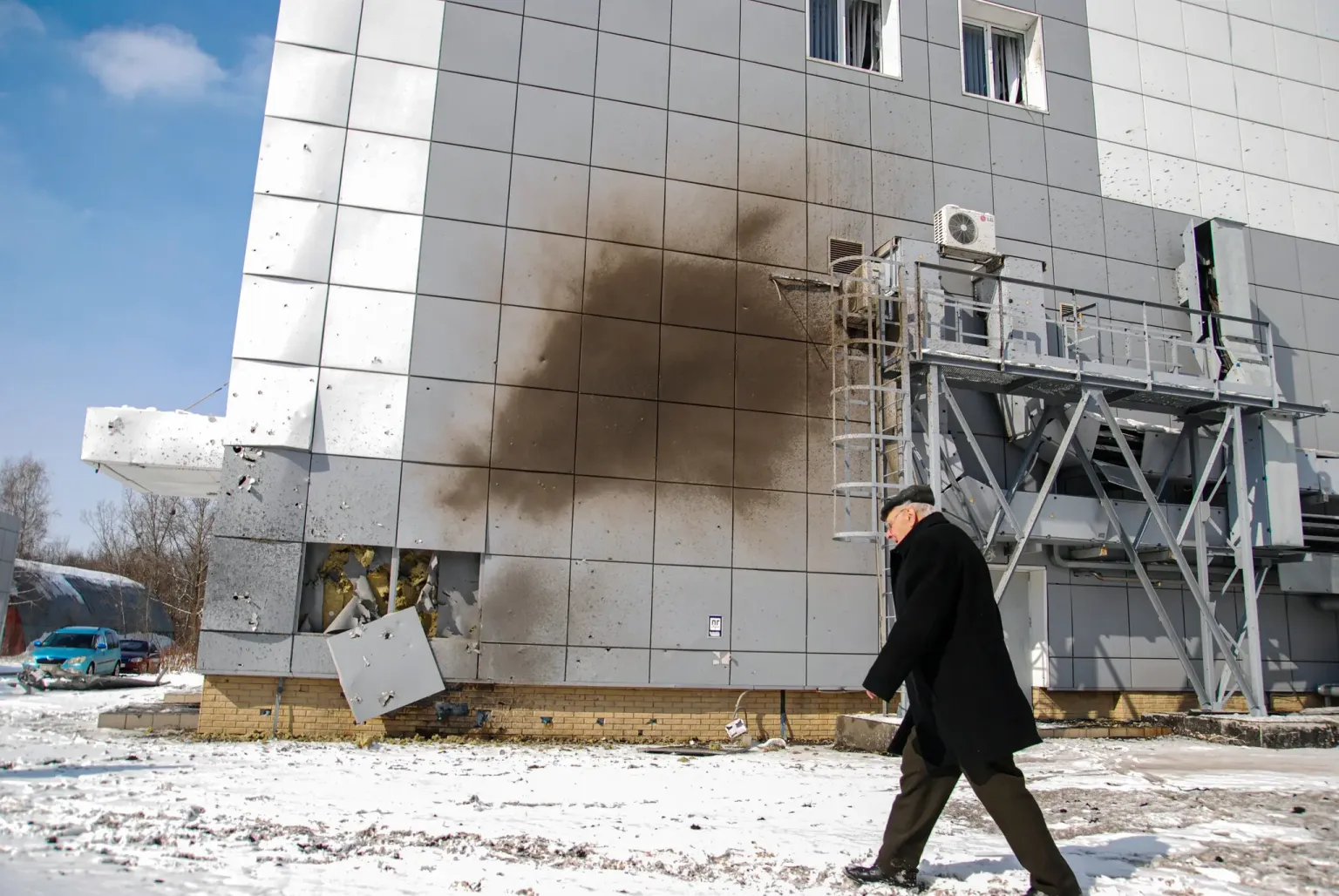
Kharkiv Institute of Physics and Technology after the Russian strike in March 2022
What is the solution?
Tough times can become a push for Ukrainian science too. According to the report, over 70% of Ukrainian scientists admit their readiness to work for the reconstruction and improvement of Ukraine's defense capability despite economic issues and other struggles. Like no one else, they understand that post-war reconstruction is impossible without a modern approach. The main priority now is to keep Ukrainian science afloat.
Fortunately, Ukrainian science received tangible moral and financial support from many national scientific communities and international scientific organizations. While adapting to the challenges of the war, Ukrainian initiatives join in finding solutions to help scientists maintain their work.
How does it work?
The international scientific community: to support Ukrainians
Foreign universities were the first to support Ukrainian scientists. Back in February-March 2022, several foreign universities announced their readiness to continue educating Ukrainian students and providing jobs for teachers and scientists. Poland and Germany have the most scientists studying there. Ukrainian researchers also found assistance in France, Spain, Italy, Great Britain, and the United States.
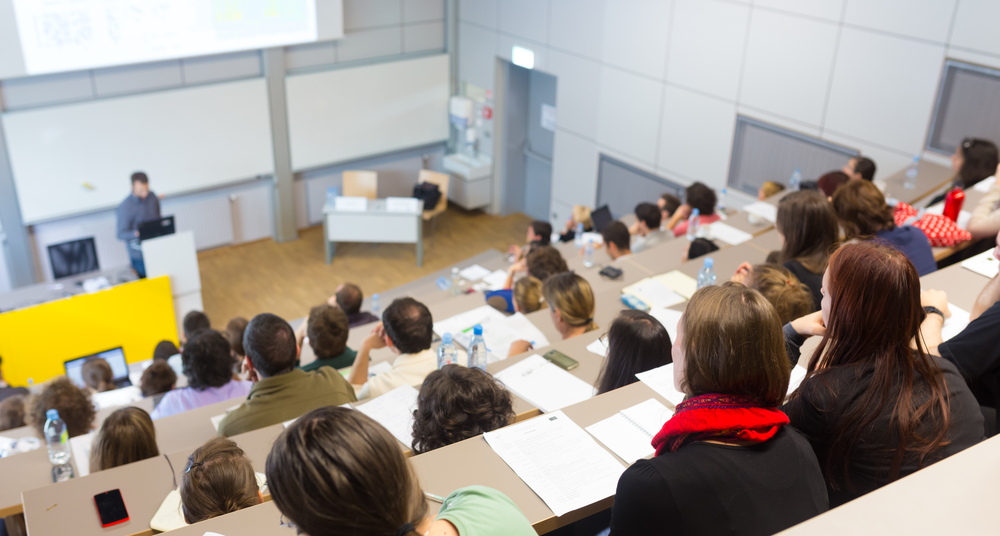
Numerous assistance programs for Ukrainian scientists have been launched as well. They are based on the initiative of Western allies and the Ukrainian scientific diaspora. Grants, scholarships, and joint projects helped Ukrainian scientists stay in their field and continue their work despite everything.
The "Scientists for scientists" initiative from the Human Frontier Science Program (HFSP) has been launched recently. The program itself has existed since 1990 and supports innovative basic research, mainly in the field of biology. Over 7,000 researchers from more than 70 countries have received support in twenty years of the program's existence. 28 HFSP laureates won the Nobel Prize. "Scientists for scientists" is a special program to help researchers affected by the war in Ukraine.
World's national academies and scientific communities provided support to Ukrainians. In March 2022, the US National Academy of Sciences (NAS) and the Polish Academy of Sciences (PAS) launched a program to support 3-month research visits to PAS Institutes for Ukrainian scientists. The Finnish Scientific Society opened a competition for grants. Tax-free grants can be used for travel and living expenses: the assistance will be provided as long as Russia's war in Ukraine goes on.
The wave of support for the Ukrainian scientific community took its turn in the first half of 2022. To this day, it hasn't been diminished. What is more, not only displaced scientists abroad may join the program, but those who chose to stay in Ukraine. In January 2023, the Simons Foundation in New York, which supports research in the field of mathematics and fundamental sciences, announced funding for 405 scientists in Ukraine, including doctoral students. This includes small monthly scholarships. The Ukrainian scientific community notes that even small grants and payments will help its researchers face new challenges. The foundation plans to issue annual grants as long as the war lasts, and after that, it will move on to helping rebuild Ukrainian science.
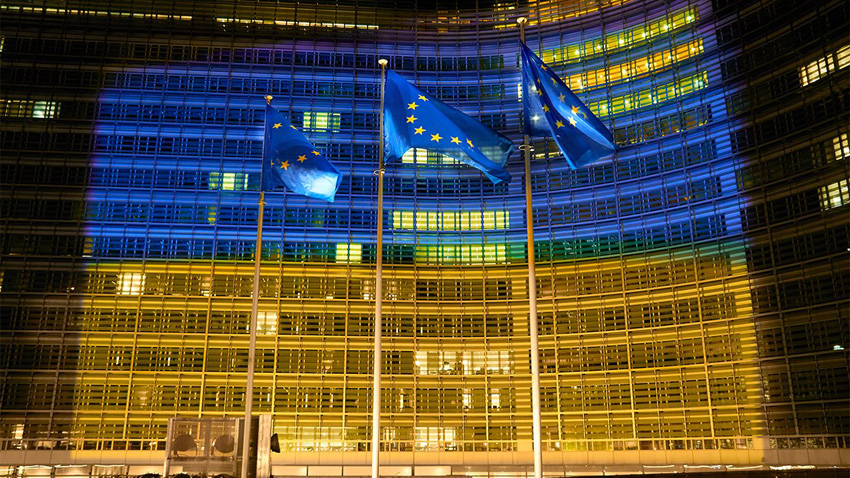
On March 9, the European Commission approved the updated Erasmus+ annual work program for 2023. One of the program's aims is to sponsor projects that promote educational activities and integration of Ukrainian refugees abroad and support organizations, students, and teachers in Ukraine. Funding will be directed to a wide range of projects — from language courses and cultural integration programs to scholarships or general financial support for students and teachers.
These are far from all examples of support for Ukrainian scientists by their foreign partners. The international scientific community does not get tired of finding the newest solutions to support researchers from Ukraine, and in addition, finds out more from this experience. The damage Ukrainian science suffers differs from all previous similar crises.
A set of opportunities
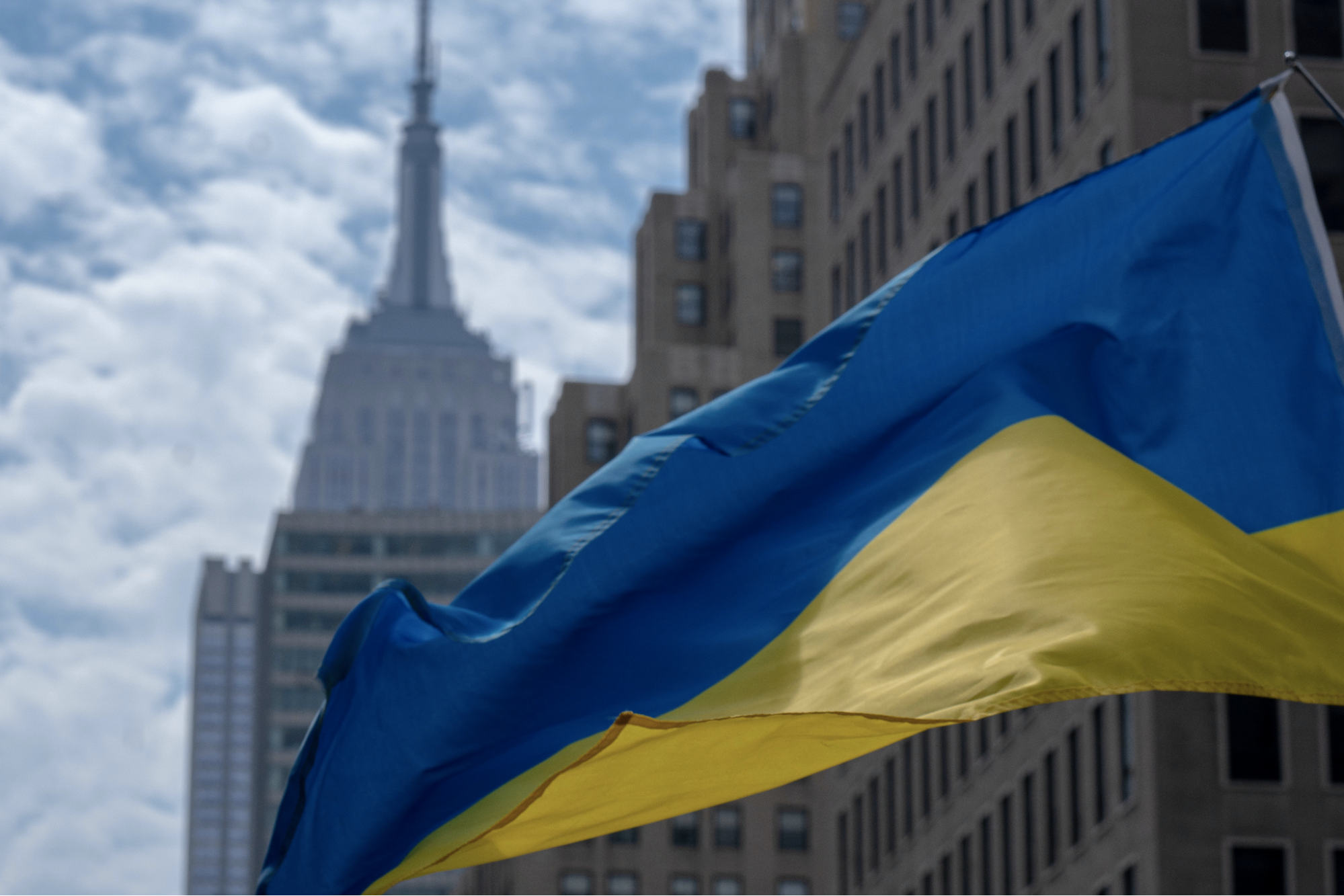
Media support of Ukrainian scientists is essential. The risks and challenges faced by Ukrainian researchers today are not similar to those faced by researchers from other countries at war. Unlike previous crises, the majority of Ukrainian scientists stay in their homeland and request support there. Therefore, making opportunities from abroad visible to Ukrainians is an extremely important task so that everyone who requires it can receive it.
"The main goal of directing grants to the country is to make sure that scientists who didn't leave Ukraine remain scientists. So that when the war eventually ends, they do not leave scientific circles and do not lose contact with the international scientific community," says Michael Rose, co-founder of the ScienceForUkraine initiative.
This is a large-scale project, a virtual international network of researchers and students, created by a group of volunteer students and research scientists from academic institutions in Europe and the world. Their mission is to collect and distribute information about support opportunities for postgraduate students and scientists in Ukraine. Using an interactive map, Ukrainians can search for current opportunities for study, internship, work, scientific and creative activities in various fields in the countries of Europe, Asia, and America. To study and work, some research institutions also offer scholarships, free food and accommodation, and assistance to refugee families.
Rose says that SfU alone has helped approximately 1,000 academics find jobs outside of Ukraine, with about 10 new opportunities appearing every week.
At first, SfU focused its efforts on helping scientists who left Ukraine. Now the initiative aims to support researchers who have stayed in the country as well. In September 2022, together with the global initiative "Economists for Ukraine," it launched a program to provide 70 scholarships to Ukrainian scientists.
The European Commission launched another useful project. The portal "European Research Area for Ukraine" (ERA4Ukraine) is a center for providing information and supporting services to Ukrainian scientists who were forced to go abroad due to the war. The portal unites EU-backed initiatives supported by individual countries and non-governmental institutions.
Here you can find information about diploma recognition, job opportunities, social assistance, and housing offers for scientists and their families.
At the time of the portal's launch, the EU Commissioner for innovation, research, culture, education, and youth Maria Gabriel noted: "We support the researchers and innovators of Ukraine, who have faced unprecedented circumstances of the Russian invasion against their country. Ukrainian scientists and innovators have made a significant contribution to the research and innovation of the EU. Pending the ratification of the Agreement on the participation of Ukraine in the Horizon Europe program, we have already secured funding for successful projects. The launch of ERA4Ukraine is another important event to support our Ukrainian partners."
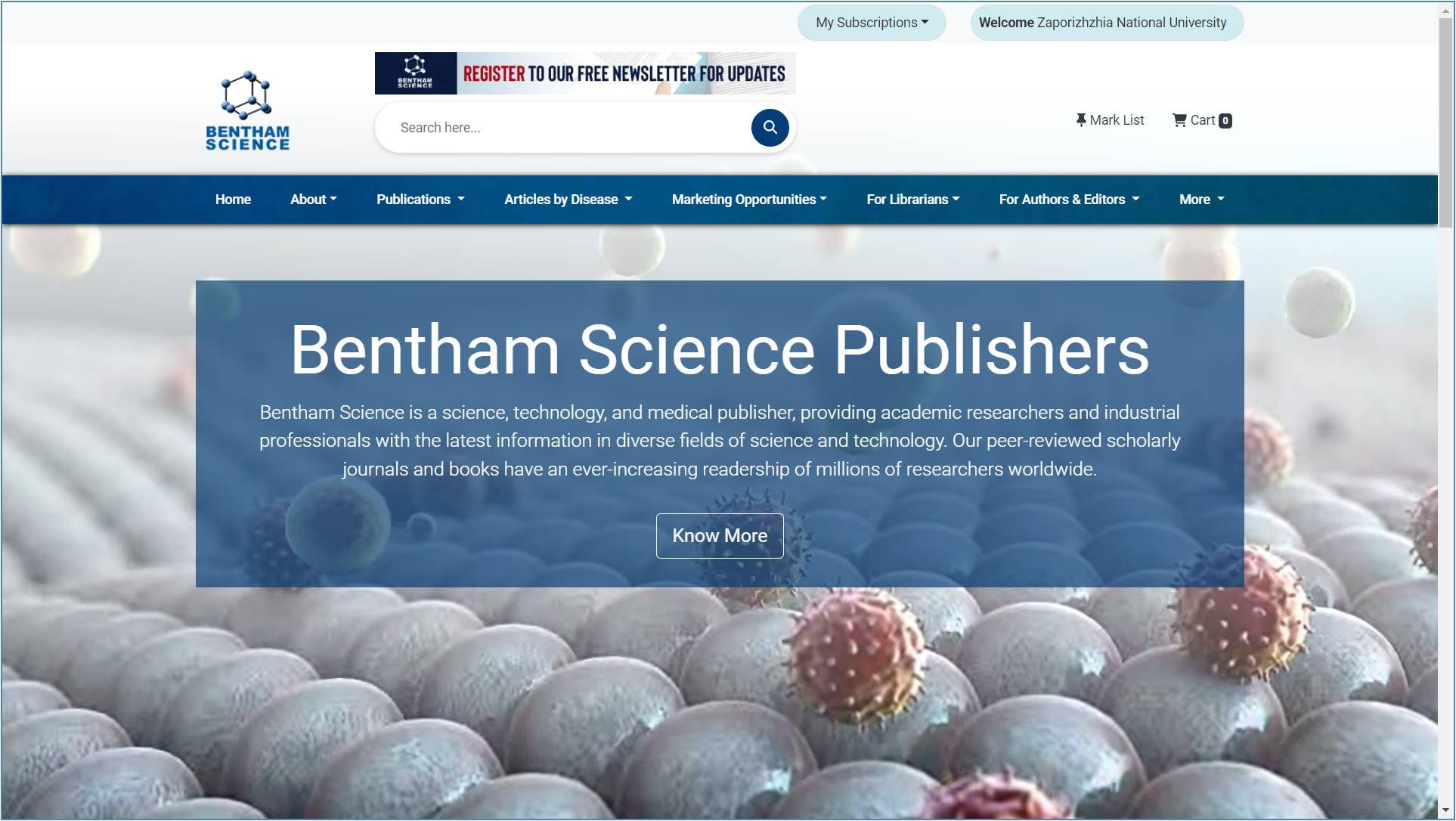
The "Bentham Science Publishers" publishing house found another way to support Ukrainian scientists. This publisher of scientific literature in the fields of pharmacology and medicine, technical and social sciences has canceled the payment for articles in all its journals for Ukrainian researchers until the end of 2023. It is an opportunity for scientists to publish their papers in more than 130 peer-reviewed scientific journals free of charge. Leading bibliographic databases index the vast majority of them.
The publisher also extended free access to its own paperless collections of magazines and books to Ukrainian institutions of higher education and scientific institutions until the end of this year.
What about Ukraine?
A year ago, Ukraine's Ministry of Education created the Info Science Bot online tool to inform scientists and innovators about job opportunities in Ukraine and abroad. As of March 19, 2022, the Telegram bot "Info Science Bot" has more than 5 thousand registered users. More than 150 publications have already been submitted by users of the tool using the "Report a news or opportunity" button.
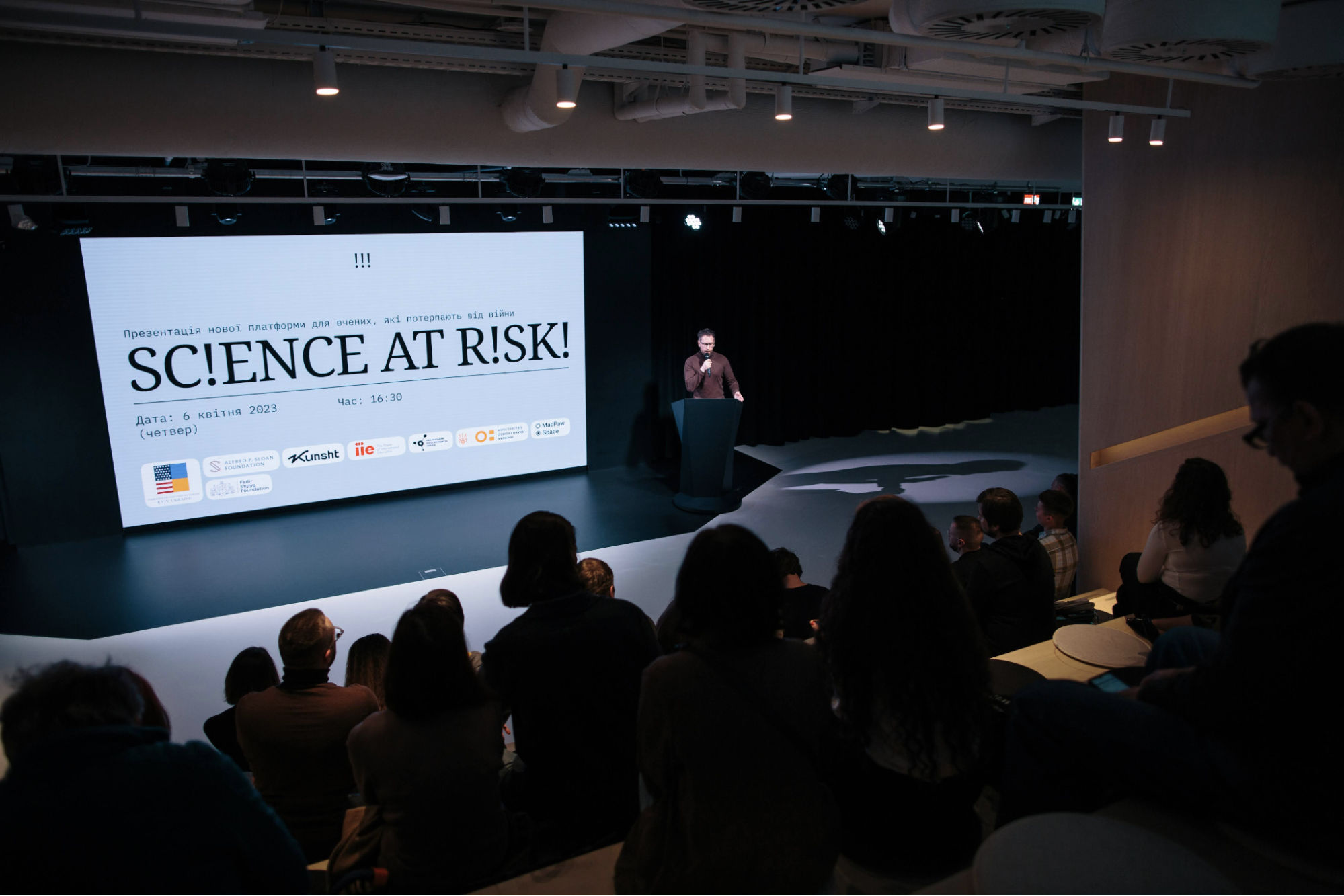
In April 2023, a "Science at Risk" platform presentation was held for scientists who suffered from the war. On the platform's website, you can popularize the expertise of Ukrainian researchers, find international partners and donors, and tell the stories of scientists during the war to a wide audience. Ukrainian scientists work in expert groups that analyze the situation in the country and look for ways to solve both urgent and long-term problems within the platform, .
In 2023, almost 12 billion hryvnias (over $300 million) will be allocated to fund science in Ukraine. The largest amount of funds is earmarked for "academic science" — UAH 8.5 billion (over $200,000). About 72% of the total expenditure is directed to the National Academy of Sciences of Ukraine and five national branch academies of sciences. Another 1.1 billion UAH (nearly $30 million) is directed to "university science."
The state also intends to introduce funding for scientific publications of Ukrainian scientists in foreign specialized publications. The Ministry of Education is currently initiating the development of a draft government resolution on state support for publications by Ukrainian researchers in foreign scientific publications. These are publications in media included in leading international databases.
This year, the state scholarship of the Heroes of the Heavenly Hundred was awarded to 25 of the best young scientists in Ukraine. They have made a significant contribution to the development of Ukrainian science as an important component of the protection of national interests, the strengthening of international authority, contribution to the development of democratic and humanistic values in the field of science and education, and also have strong pro-Ukrainian views.
The Council of Young Scientists of the Ministry of Education and Culture traditionally hosts the popular science event "Night of Youth Science – 2023 in conditions of war". It is aimed to popularize the scientific achievements of young researchers and establish cooperation between young scientists, the main stakeholders, and foreign partners in the conditions of martial law. The event will take place on May 18, 2023.
New opportunities for Ukrainian scientists from foreign partners and state institutions are still opening up. You can follow them on the aggregators we mentioned above.
All these programs and initiatives are essential. After all, they will help Ukrainian science to survive in order to restore the scientific infrastructure after the war.
This article was created by the Rubryka media outlet within the "Ukrainian Rapid Response Fund" program, implemented by IREX, with the support of the US State Department. The content is the sole responsibility of the Rubryka media outlet and does not necessarily reflect the views of IREX or the US State Department.

Newsletter
Digest of the most interesting news: just about the main thing



